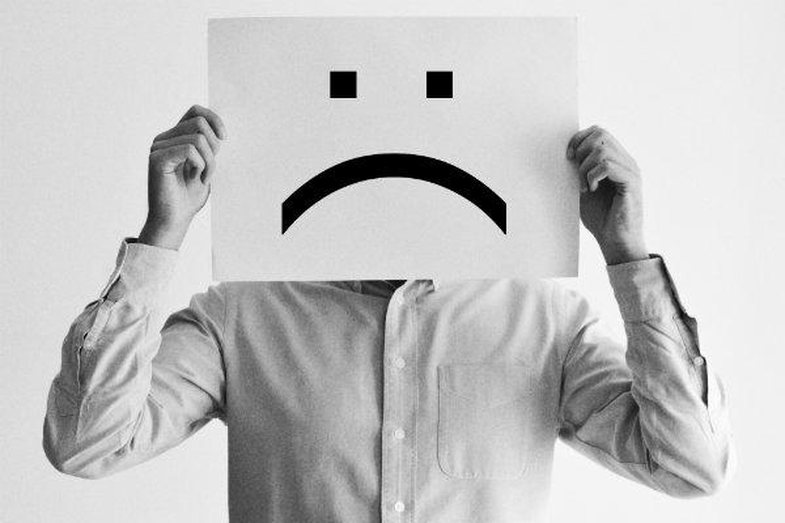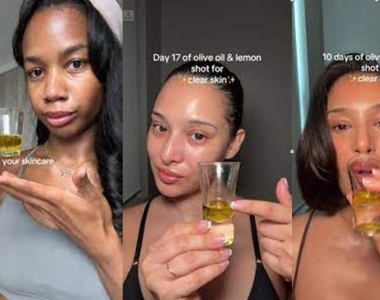
We humans have a tendency to attach more importance to negative experiences than to positive or neutral ones. This approach is called negative bias.
Here is an example: You go in the evening to a beautiful hotel. When you enter the bathroom, you see a spider in the sink. What will stay in your memory longer: beautiful furniture and romantic meeting in the room, or spider?
Most people, according to a 2016 article for the Nielsen Norman Group, will remember the spider.
Why do people have a negative prejudice? According to psychologist Rick Hanson, a negative bias is built into our brains based on millions of years of evolution when it comes to dealing with threats. Our ancestors lived in difficult environments. They had to gather food avoiding deadly obstacles. Observing, reacting, and remembering predators and natural (negative) hazards became more important than finding food (positive).
One of the ways negative bias is evident is that people are disgusted with risk: They tend to guard against losses by giving even greater importance to small probabilities. For example: the negative feeling of losing 5,000 lek is greater than the positive feeling of finding 5,000 lek.
Although negativity seems to be a predetermined characteristic, we can overlook it. You can increase positivity by considering what is and is not important in life and focus on appreciating the positive aspects.
Sources: VeryWellMind, Healthline





